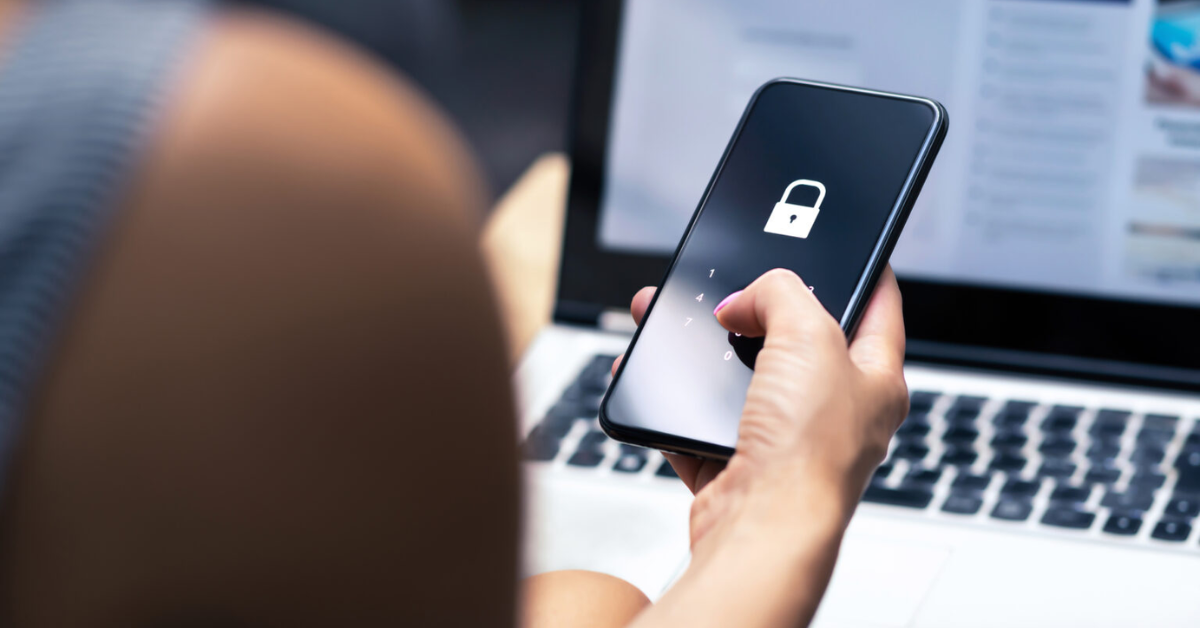Florida’s 2023 law banning student phone usage during instructional time has been met with mostly positive responses from school administrators. The law, which also restricts access to certain websites on school networks and mandates education on responsible social media use, has been praised by teachers for its impact on student focus and engagement in classrooms.
At a recent meeting of the House Student Academic Success subcommittee, school leaders discussed the law’s effects, particularly in classrooms with students who face learning challenges. Toni Zetzsche, the principal of River Ridge High School in Pasco County, shared her experiences, highlighting the benefits of increased interaction among students and improved focus during lessons.
Positive Results for Struggling Learners
“It’s gone very, very well in many of our classrooms, especially in those with struggling learners. Teachers have noticed an increase in student interaction and focus,” said Zetzsche. She mentioned that while higher-level students sometimes face challenges due to the self-regulating nature of their courses, the law has worked well for younger and lower-performing students.

Rep. Brad Yeager, who introduced the law, explained that the first step was to remove phones from classrooms to minimize distractions, allowing students to focus on learning. The second part of the law encourages educating students on social media’s potential dangers without completely eliminating it from their lives.
Statewide Impact and National Attention
Florida became the first state to pass such a law, with other states following suit in 2024. The law allows schools to decide how strictly they enforce the phone ban. Some schools keep phones away from students all day, while others allow usage during breaks, like lunch or between classes. Teachers have even taken the initiative to purchase phone storage solutions, like hanging shoe organizers, to keep devices out of sight during lessons.
Challenges with Older Students
Zetzsche shared that while the law has generally been beneficial for younger students, some higher-level students, particularly in college prep courses, have struggled with the reduced freedom to manage their own time.
In these classes, where students are expected to be more independent, the law’s restrictions sometimes interfere with the flexibility teachers try to provide. However, for younger students in ninth and tenth grades, who need more support, the law has been beneficial.
Addressing Student Concerns and Filling Downtime
Orange County Schools Superintendent Maria Vazquez noted that schools have managed complaints from students about not being allowed to use their phones by offering engaging activities during breaks, such as games or club events. Zetzsche also pointed out that the phoneless time has created opportunities for students to reconnect with each other and engage in conversations.
“I’ve had to teach students how to get involved and talk to each other. It’s working, and we’re all doing a better job of focusing on these positive behaviors,” said Zetzsche.
Different Approaches Across Counties
In terms of enforcement, Pasco County’s schools have followed the law’s requirements by restricting phone use during instructional time. Meanwhile, Orange County has decided to not allow phones at any point during the school day. Marc Wasko, principal of Timber Creek High School in Orange County, said implementing the law was easier than expected.
“It was surprisingly easy to implement. Students adapted quickly,” said Wasko.
Challenges with Enforcement
However, some challenges remain. Rep. Fiona McFarland, chair of the subcommittee, mentioned that some students are finding ways around the ban, such as bringing in dummy phones or hiding earbuds in their hair. This has raised concerns about the law’s enforcement.
“I mean, this is the reality of being policymakers,” McFarland said. “We can make the greatest law, but if it’s not enforced properly, it won’t work.”
Plans for Future Adjustments
Yeager, the law’s sponsor, stated that he does not plan to expand the phone ban to cover non-instructional time, but other lawmakers may push for stricter regulations. The law also includes a requirement for the Department of Education to provide educational material on the effects of social media for students, but Zetzsche pointed out that schools are struggling to find time to incorporate this into their already packed curriculum.
Limited Parental Pushback
In terms of parental feedback, administrators reported that there has been little resistance. Zetzsche mentioned that many parents have sought advice from schools on how to help their children detach from their phones, signaling support for the law from families as well. She called for additional resources from the Department of Education to assist parents in managing their children’s screen time.
Conclusion
The phone ban in Florida schools has proven successful in many ways, with school administrators praising the law’s positive effects on student focus and social interactions. While there are still challenges, especially in higher-level classes, the overall response has been favorable. With continued support and adjustments, this law may serve as a model for other states looking to improve student engagement and reduce distractions in the classroom.
Disclaimer: This article has been meticulously fact-checked by our team to ensure accuracy and uphold transparency. We strive to deliver trustworthy and dependable content to our readers.

